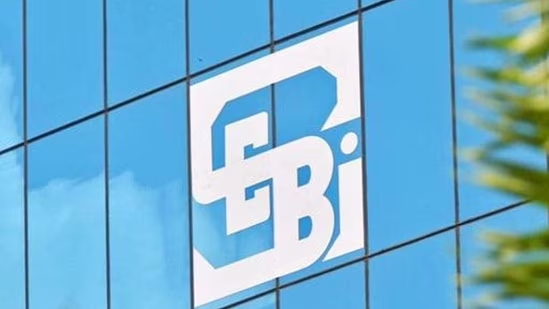24 september 2024 : India’s securities regulator, the Securities and Exchange Board of India (SEBI), is investigating six domestic investment banks due to concerns about potential malpractice in the burgeoning IPO market. According to two sources familiar with the matter, the investigations began earlier this year and focus on the excessive fees these banks have charged small businesses during their IPOs.
Reports indicate that some of these small investment banks have charged fees as high as 15% of the funds raised, significantly above the typical range of 1-3% in India. The identities of the banks under scrutiny remain undisclosed, and SEBI has not commented on the investigations.
These probes follow SEBI’s recent warnings to investors regarding the risks of investing in small businesses and its plans to tighten regulations surrounding such IPOs. Smaller companies in India, with annual revenues between 50 million and 2.5 billion rupees ($600,000 to $30 million), are listed in separate segments on the BSE and NSE, which have fewer disclosure requirements and are only vetted by the exchanges, unlike larger IPOs that require SEBI approval.
Preliminary findings from SEBI suggest that the high fees are being levied to ensure the IPOs are oversubscribed. The regulator is also investigating coordinated activities between banks and certain investors who engage in practices that violate rules, placing large bids as both high-net-worth individuals and ordinary retail investors. These bids are often not genuine and are canceled at the allotment stage, yet the inflated subscriptions attract more genuine investments from other investors.
The small business IPO segment has been thriving, with more than 60 investment banks involved. In the last fiscal year, 205 small firms raised 60 billion rupees, a significant increase from the previous year. From April to August of this year, 105 small firms have already raised 35 billion rupees, with over two-thirds of these offerings oversubscribed.
Ashwani Bhatia, a senior official at SEBI, acknowledged that the IPO process for small and medium enterprises lacks sufficient checks and balances and announced plans to introduce stricter regulations soon. In a bid to curb speculative trading, SEBI has also capped the first-day share gains for small firms at 90%. Furthermore, SEBI has urged auditors and exchanges to be vigilant against listing companies that present inadequate information in their IPO documents and is developing 12-15 action points to reform the IPO process for smaller firms.

